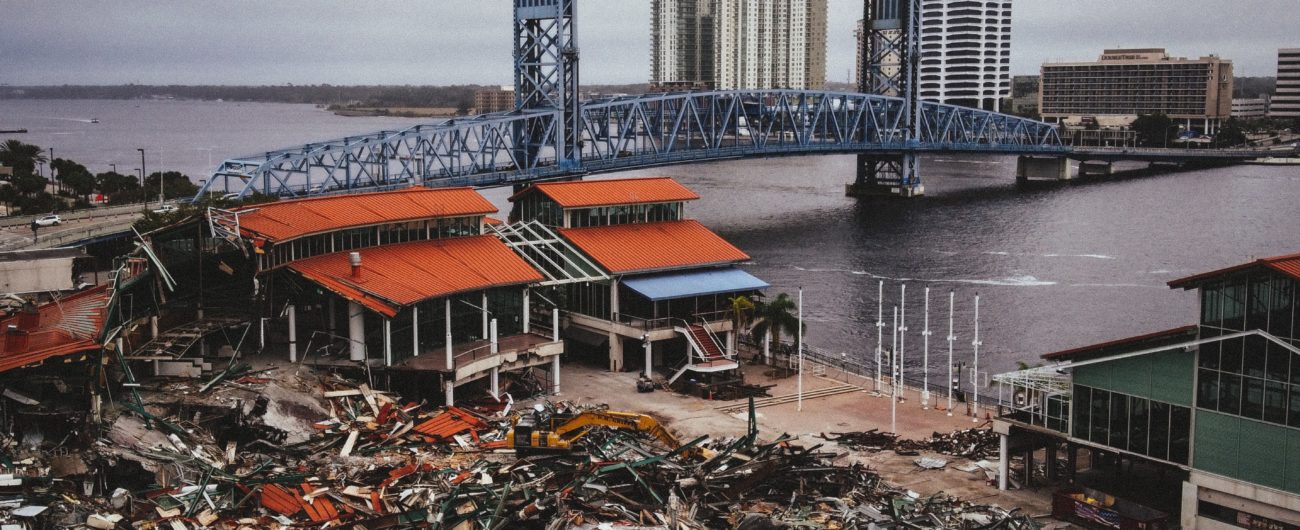When it comes to planning travel, there are a lot of potential obstacles you can anticipate in advance. For example, you can research what the forecast typically looks like in your destination during the time of year you’re traveling to determine whether or not to pack rain gear for your trip. This is even true for most types of natural disasters, such as hurricanes, which occur in specific regions (often islands) during certain times of year, so you’ll know if and when to take extra precautions when traveling to those areas.
One important exception is earthquakes, which can happen without warning and in any location. The good news is that experiencing an earthquake while traveling is pretty unlikely, but because of their unpredictability, your safest move is to get a travel insurance policy that will cover you in the off chance it does happen. Here’s what you need to know when it comes to earthquakes and travel insurance:
Get your travel insurance plan ASAP
Once an earthquake hits, it becomes a “known event” and travel insurance companies consider its impacts to be foreseeable, so they will no longer cover any expenses incurred as a result. So if you can no longer travel to your destination or need to end your trip early, you could lose a lot of money if you don’t already have travel insurance coverage in place before the natural disaster occurs. In order to be absolutely sure that you’ll be covered for any costs you could incur because of an earthquake, get your travel insurance policy squared away when you book your trip.
Opt for trip cancellation and trip interruption coverage
If an earthquake hits in your travel destination before you leave, you may want or need to cancel your plans. With trip cancellation coverage, you can nix your flight and accommodations for any covered reason, which generally includes natural disasters (as long as you bought your coverage before the earthquake hit). If your travel insurance policy contains trip interruption coverage, you’ll also be able to head home early if an earthquake happens or even if you just become concerned that one might occur without incurring a ton of extra expenses. These elements of your policy will help you get reimbursed for airfare and any other activities and accommodations you’ve already paid for and are nonrefundable expenses. Plus, trip cancellation and interruption coverage could prove useful in a variety of other situations, so they’re worth considering even if you aren’t thinking about natural disasters.
Get emergency medical care and evacuation coverage
If an earthquake or other disaster occurs while you’re on your trip, you may need emergency medical care or even evacuation coverage. While you’ll likely be able to access critical care without insurance, that may be the extent of it. With travel insurance, you’ll have much greater access to the services and emergency assistance you need and you’ll be covered in the event that your destination is deemed uninhabitable and there is a mandatory evacuation.
Don’t forget about travel delays
Travel delay insurance will cover you if you’re attempting to leave an area and a natural disaster like an earthquake stops you from making it to your flight on time or delays you so you miss another leg of the journey. Most airlines are not required to provide you with food or accommodations if you’re delayed because of weather, so you could end up spending a lot of money and staying longer than you want to if you don’t have this element of coverage in your policy.
Again, while it’s unlikely that you’ll experience an earthquake on your travels, you’ll want to make sure you can get to safety as soon as possible (and without addition to your trip cost). At the bare minimum, it’ll give you peace of mind, which is often worth it in and of itself.


